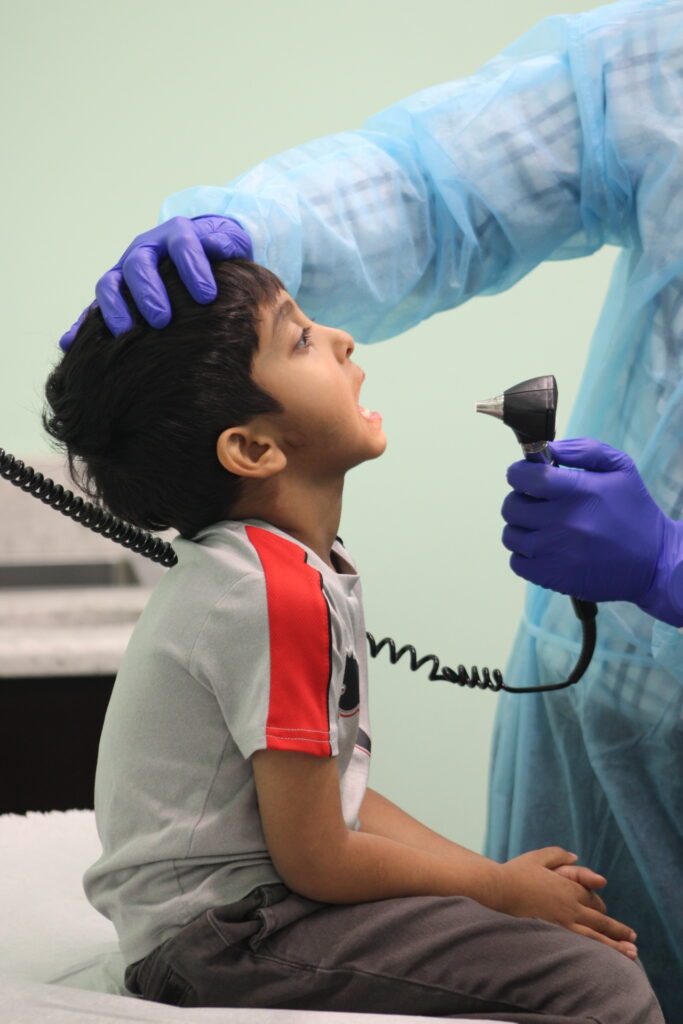
Human papillomavirus (HPV) is one of the most common sexually transmitted infections globally, affecting nearly 80% of sexually active individuals at some point in their lives. While many HPV infections resolve naturally, certain high-risk strains can lead to cancers, including cervical, vaginal, vulvar, penile, anal, and throat cancers. Low-risk strains may also cause genital warts, making HPV a significant public health concern. Fortunately, the HPV vaccine offers powerful protection against these risks for both girls and boys.
HPV is responsible for almost all cases of cervical cancer and is also linked to other genital and head-and-neck cancers. Gardasil-9, the latest and most comprehensive HPV vaccine, protects against nine HPV types, including those most likely to lead to cancer and genital warts.
Best Age for Vaccination
The Centers for Disease Control and Prevention (CDC) recommends the HPV vaccine for children starting as young as age 9, and ideally at ages 11 or 12—before they become sexually active and are potentially exposed to HPV. Early vaccination ensures the strongest immune response and the best long-term protection.
If your child missed earlier doses, catch-up vaccination is still beneficial—consult your pediatrician in Avenel, NJ to determine the ideal schedule for your teen or young adult.
Gardasil-9 is effective and recommended for all:
Multiple studies and over 15 years of global use have shown the HPV vaccine is safe and highly effective. Most children experience only mild, temporary side effects, such as:
There is no evidence linking the vaccine to serious long-term side effects or infertility.
Some families worry that vaccinating preteens will encourage early sexual activity, but research shows vaccination is not linked to increased sexual behavior. The vaccine is prevention, not treatment—it will not cure an existing HPV infection but can protect against strains a child has not encountered yet.
Men benefit as much as women, with reduced risks of HPV-related throat, anal, and penile cancers, and the vaccine also prevents transmission to future partners.
As a trusted pediatrician in Avenel, NJ, Colonia Pediatrics prioritizes comprehensive HPV education and vaccination. Our team ensures that the vaccine schedule fits your child’s individual health needs and addresses all parental questions and concerns. Choosing early vaccination could save your child’s life by preventing cancer and other serious complications down the line.
No booster is currently recommended.
Yes, Gardasil-9 protects against more HPV types, covering around 90% of cervical cancers.
Absolutely, the vaccine protects boys from genital warts and multiple cancers, and prevents spread to partners.